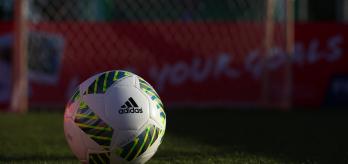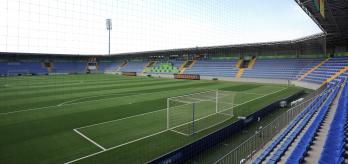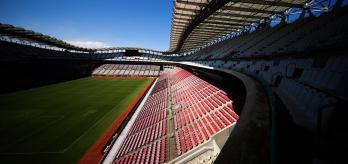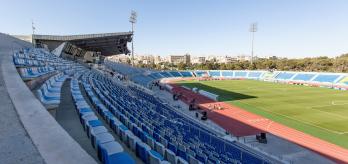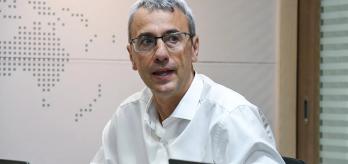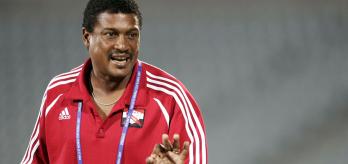Learning
-
The importance of staying “fit, fresh and healthy” as a technical director
-
Managing your schedule effectively to ensure a balance between activity, planning and reflection
-
How assigning specific timeslots to certain activities can prevent you from becoming “lost” in a complex role.
The importance of time management
The role of technical director is complex, and performing it effectively demands high levels of energy. With this in mind, Alex Zwiers, who was appointed Technical Director at the Jordanian FA in 2019, is keen to stress the need for senior football administrators to manage their time effectively to make sure they stay “fit, fresh and healthy.”
“The role of technical director can be very complex and very tough,” he says. “Many technical directors are dependent on their middle management, but if there's no middle management you have a lot of responsibilities.
“For example, I am [simultaneously] Technical Director, Head of Education and Head of Elite Youth. It means that you have to go to the ‘ground floor’ also. So, on a daily basis, you need to switch your role many times.”
To cope with these many demands, Zwiers believes technical directors must look after their well-being by putting a strong focus on time management. “As a technical director you need to be fit, fresh and healthy in order to look after all the programmes and regularly switch from different roles," he notes. "If you're not fresh, if you don't take care of yourself, then it's difficult to perform 100% in your own work.
“Time management is very important. How you program out your whole week is crucial and you need to reserve some days and time for yourself in order to work on the long-term programmes and not just the short-term. Your personal agenda should be very fixed. Time management is the key factor in this and can help you be sustainable and successful.”
Staying flexible
While he preaches the benefits of a fixed routine, Zwiers is the first to admit that a technical director has to be flexible enough to react to events. Nevertheless, he is firm believer in the principle of locking down time for strategic tasks. In fact, given that delivering change often takes longer in a national association than it does at a club, he believes protecting this time is nothing short of essential.
“Of course, there are times when you have to scratch up your whole agenda and focus on the day-to-day needs," he says. “Previously, when I was working also as a technical director with a club, [in that environment] the role is less complex, and your impact is much faster because you can go directly and get things done. But as a federation, the distance between you and your stakeholders is much bigger. So that needs more time also. And you get involved in so many more projects, development and strategy.
“During my first year at the Jordanian FA I was involved in too many things, so I realised I must make a plan for how many hours I spent on each area, or else I would get lost. When I reflected, I felt like I had only achieved half of this and half of that, I had lost the quality [of my work].
“Planning and preparing for long-term strategy, club licensing, a pro course or implementing leagues are long-term projects. That means a lot of research and data collection and connecting all the dots for the different departments together. So that really needs time.”
Summary
-
Technical directors must be “fit, fresh and healthy” to perform effectively in the role
-
Manage your schedule effectively to ensure a balance between activity, planning and reflection
-
Assign specific timeslots to certain activities to ensure you don’t become ‘lost’ in the role
Reflection
-
How well do you manage your health and well-being in your role? What changes, if any, do you need to make?
-
How much time do you take to schedule your tasks and time? How do you protect that schedule?
-
Should the timeslots for short/medium/long-term work and thinking all be the same? What factors might influence these decisions?










